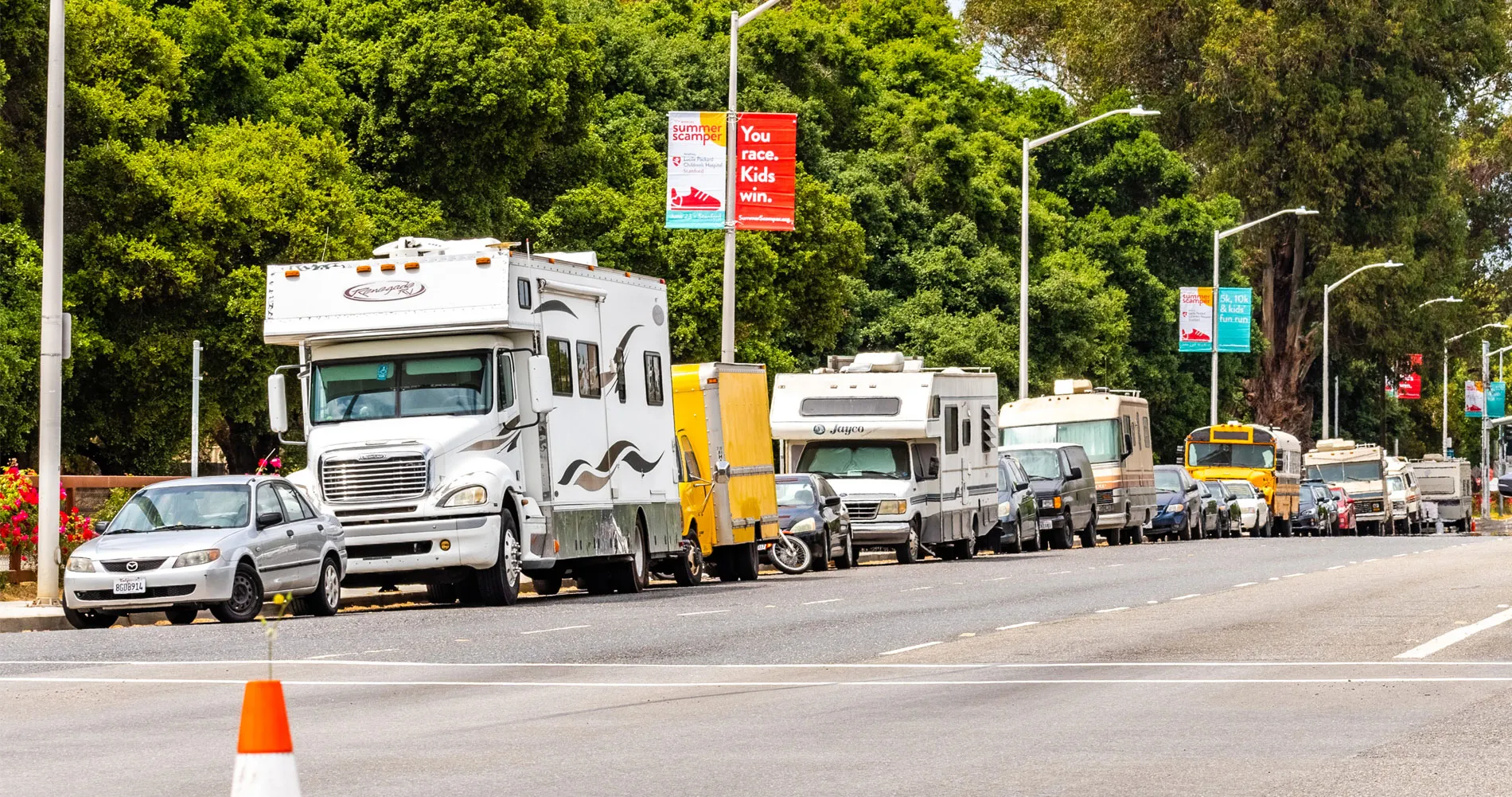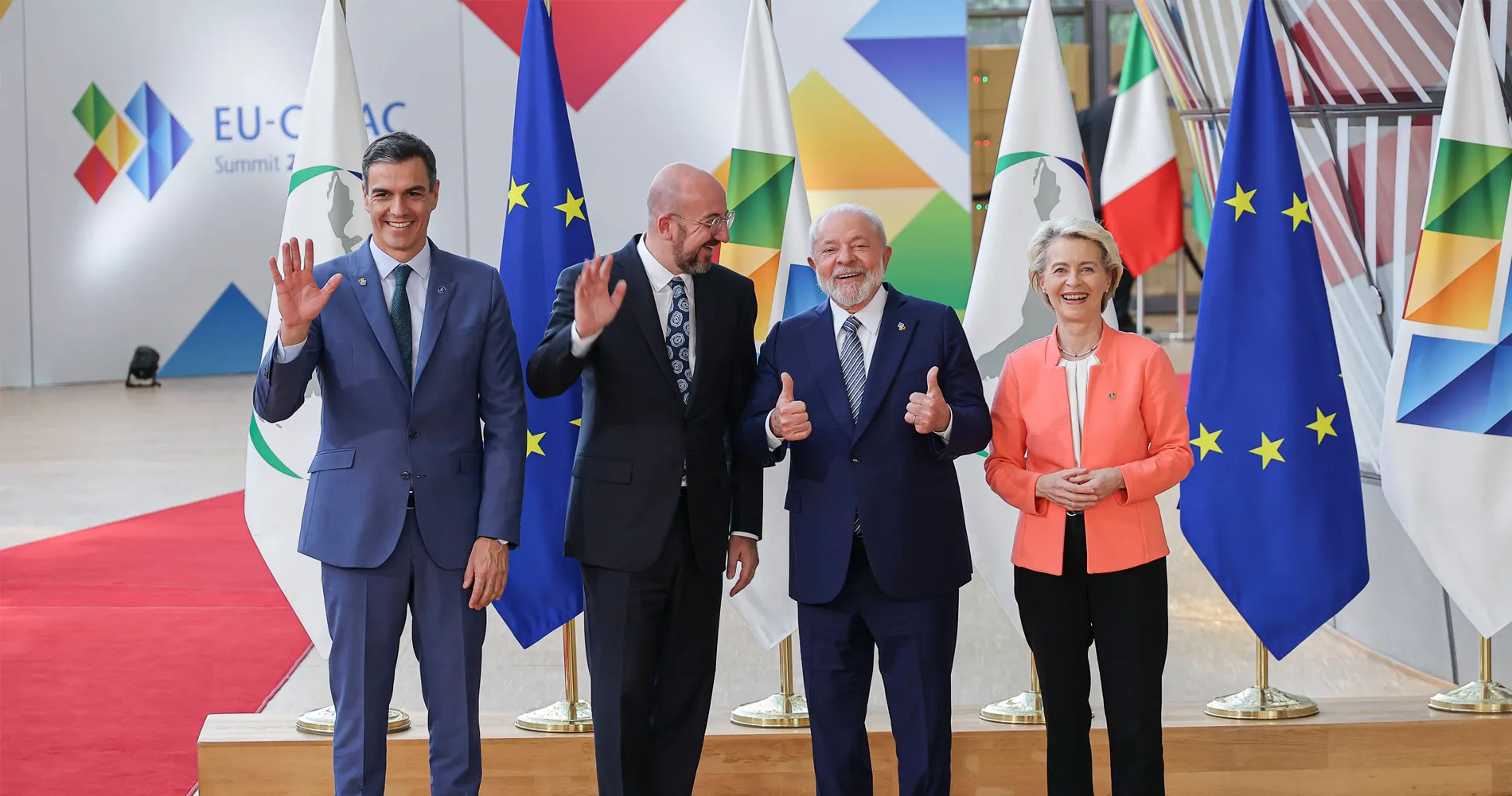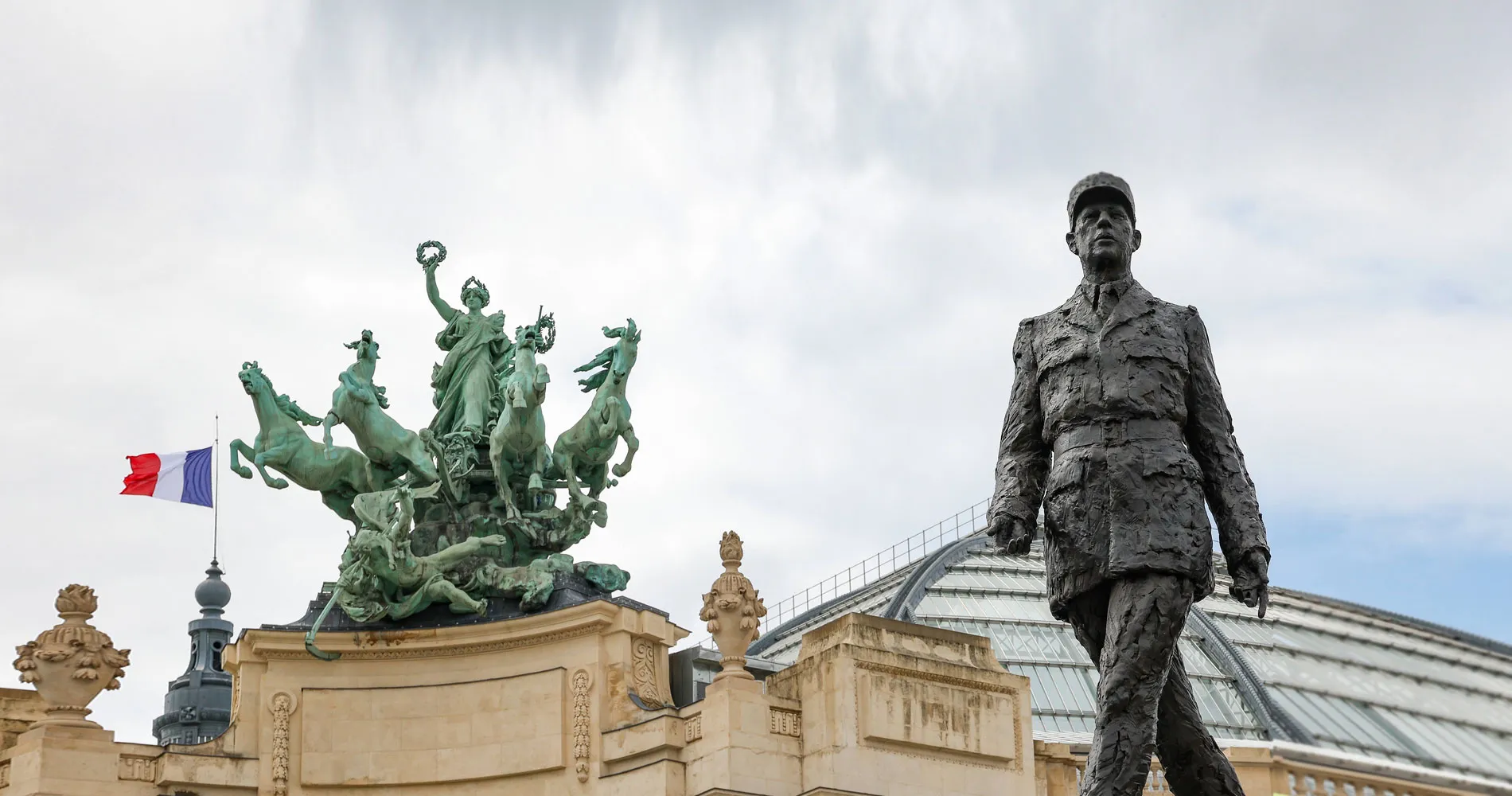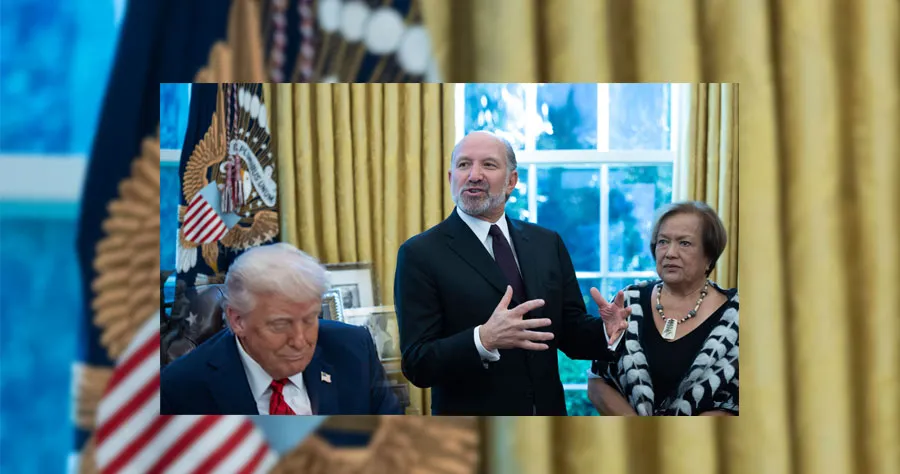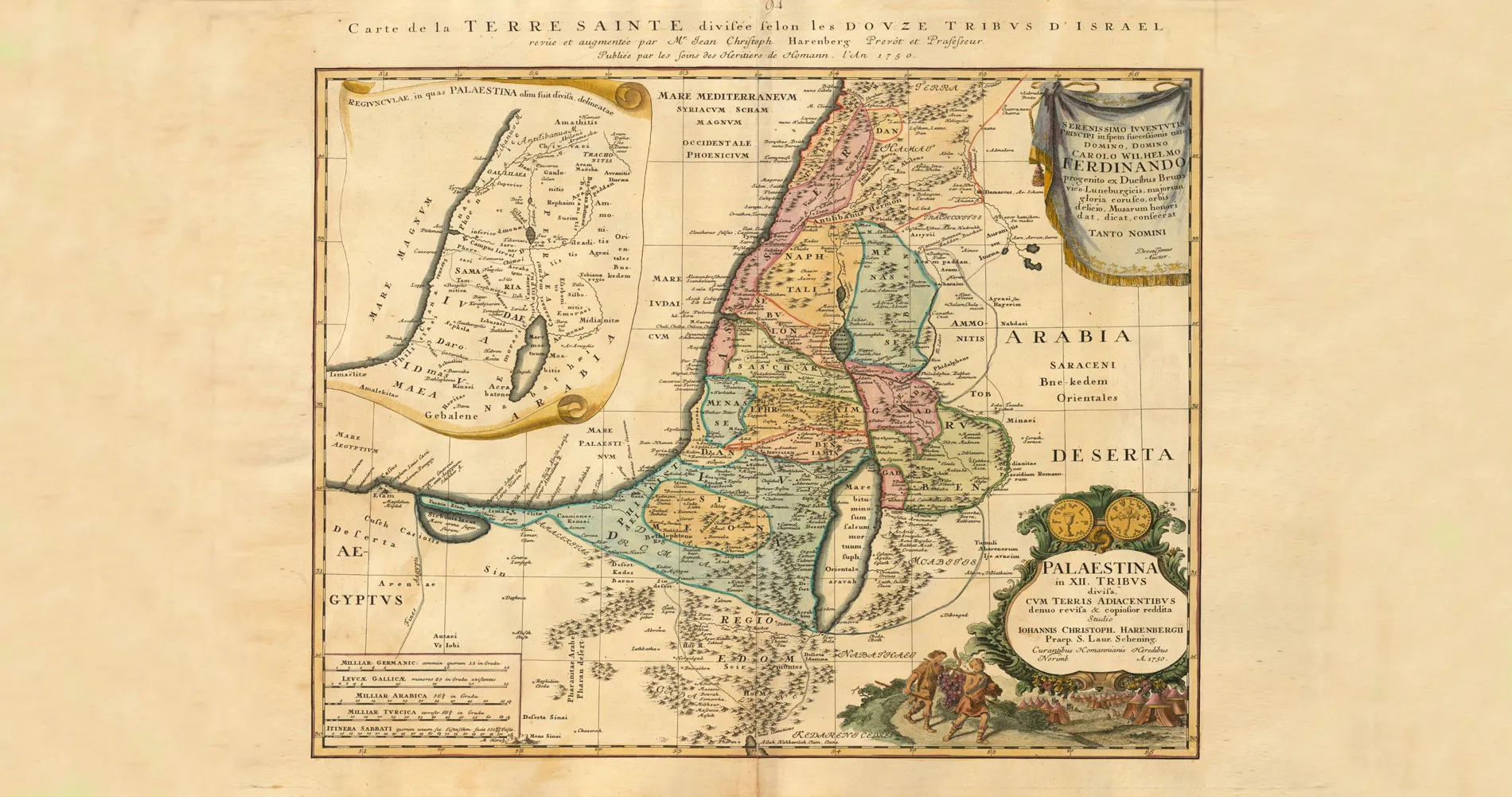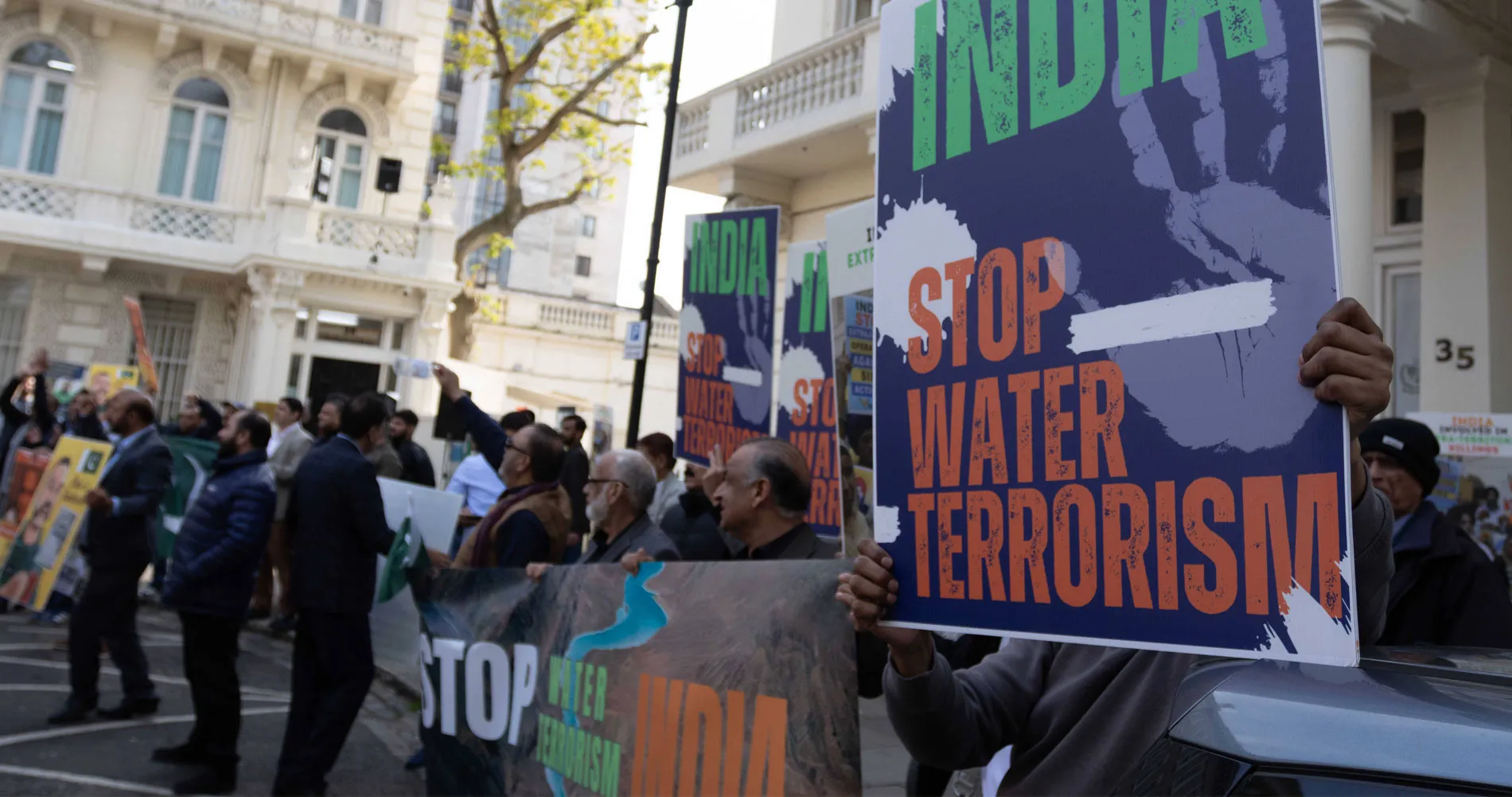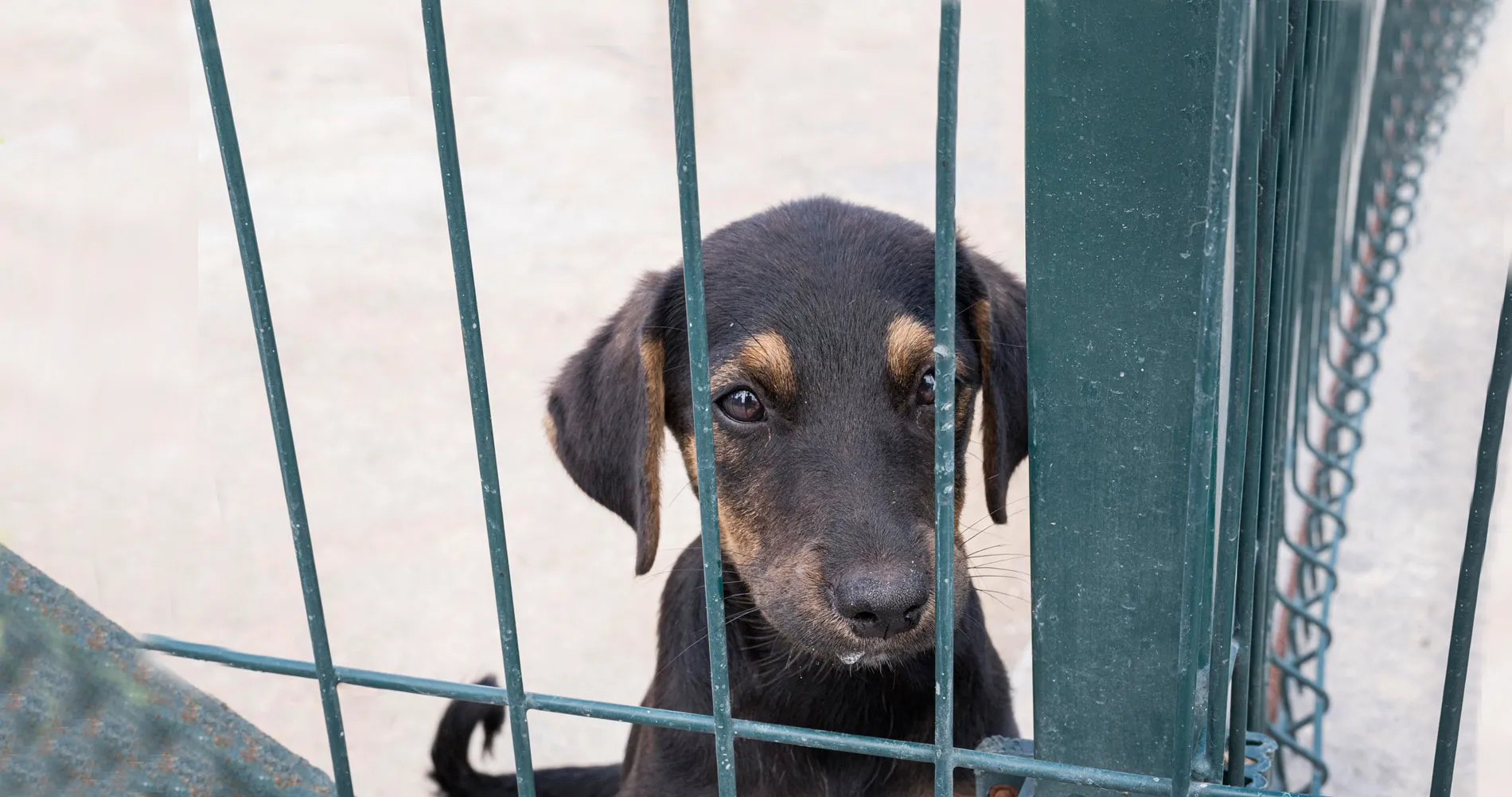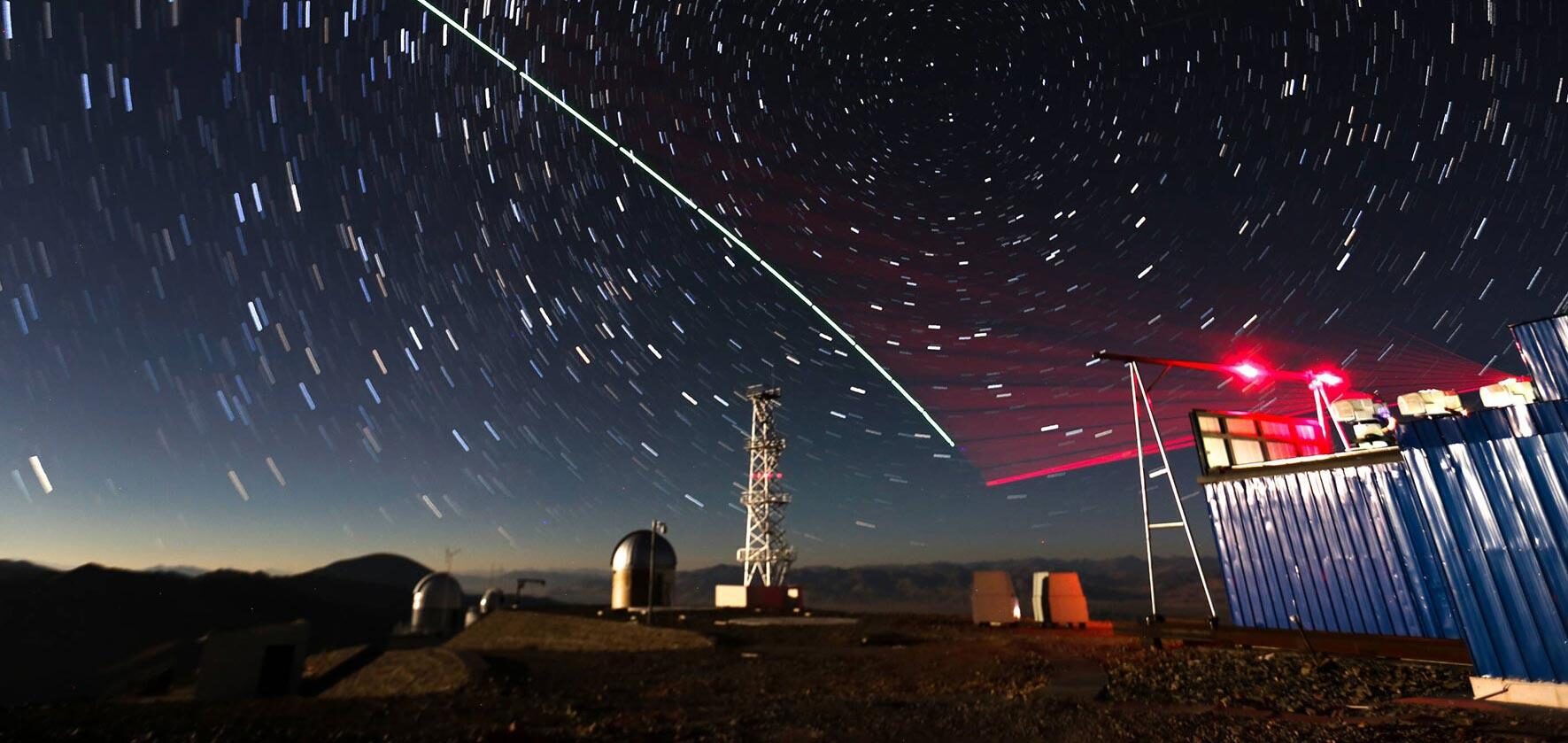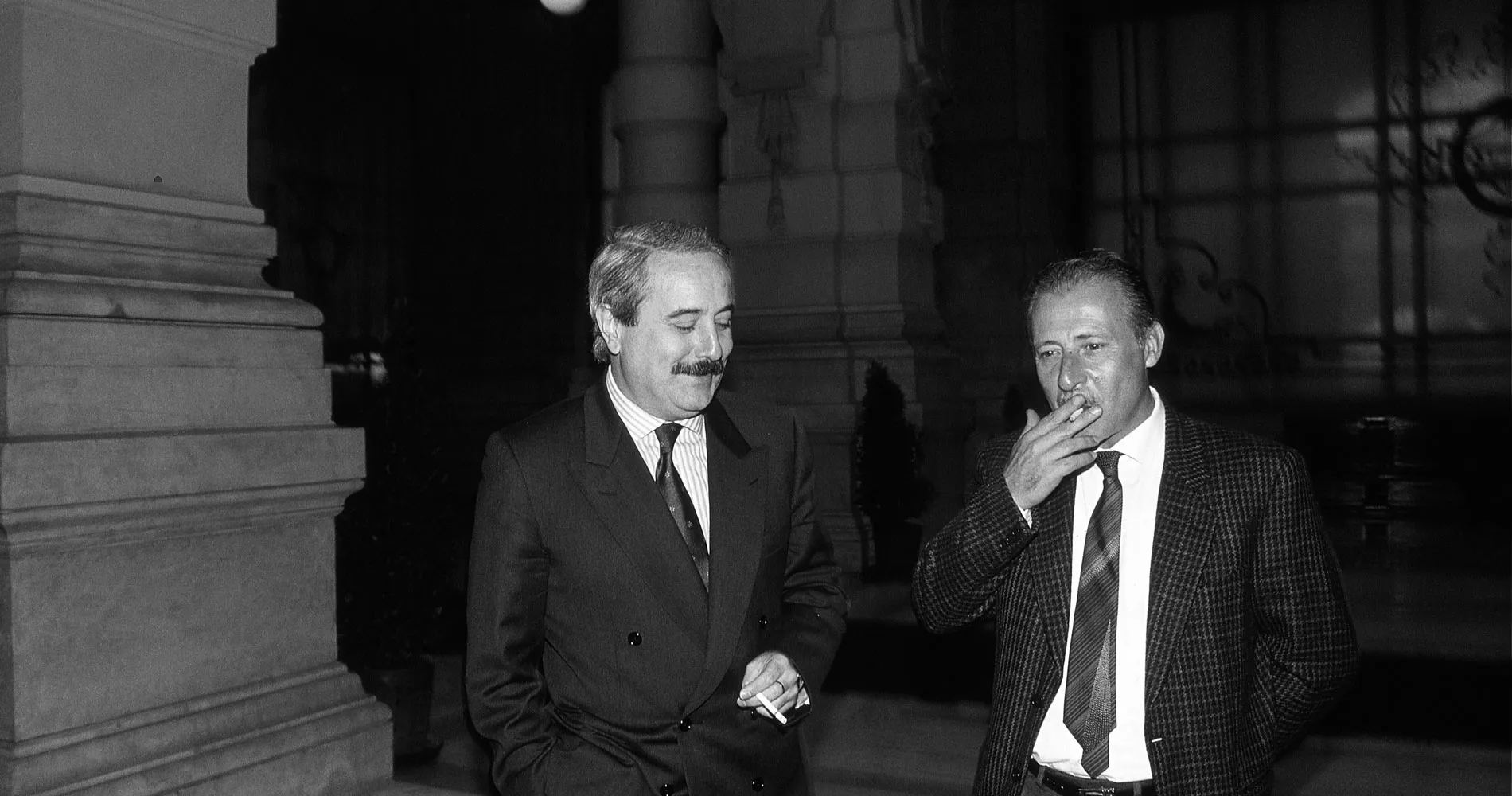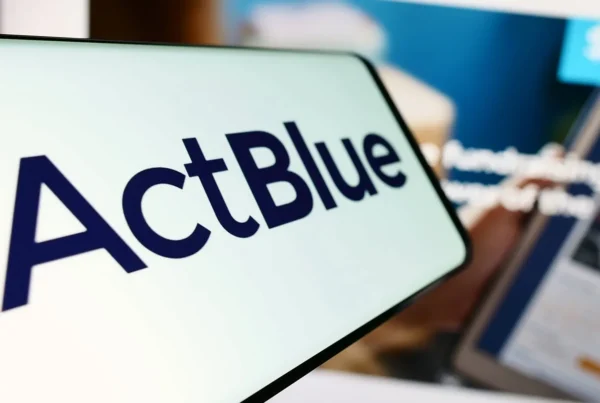Mali’s latest coup and France’s decision to withdraw half of its troops threaten further instability in the region.
By David Bagshaw 24.06.2021
On 24 May 2021 the Malian military detained President Bah Ndaw and Prime Minister Moctar Ouane at a barracks outside the capital, Bamako. For the second time within a year, Colonel Assimi Goita has removed the civilian president and announced himself as leader of the country. The aftermath of the latest coup and France’s announcement that it will withdraw half of its troops from Mali threaten to plunge the region into further instability. Russia and China may look to fill the vacuum and take advantage of the West’s inability to effectively tackle Islamism in the region.
In August 2020, then-President Ibrahim Boubacar Keita was ousted by a military coup after months of protests in Bamako. Mali entered this period of violence following contentious elections in spring of 2020. The main opposition leader was kidnapped by jihadists just days before the polls opened. Other attacks by militants prevented some people from being able to cast their vote. On 30 April 2020 the constitutional court overturned some of the results, giving more seats to Keita’s party, Rally for Mali. The opposition called for wide scale protests to take place throughout the summer. On 18 August 2020 mutinying soldiers arrested the president and promised fresh elections.
Following international condemnation, the coup leaders announced an 18-month transition to civilian leadership. At the end of September 2020 they appointed Bah Ndaw as president, with Goita taking the role of vice president. In May 2021, President Ndaw announced a cabinet reshuffle with two members of the junta that deposed Keita losing their roles. Goita declared that this was “demonstrable intent to sabotage the transition,” and the military detained the president and prime minister.
The coup was denounced by many of Mali’s neighbors and it was immediately suspended from the Economic Community of West African States (ECOWAS) and the African Union. ECOWAS called for the immediate reinstatement of civilian leadership, but stopped short of introducing sanctions similar to the ones following the coup last August. Despite the announcement of a civilian Prime Minister on 7 June, ECOWAS has not yet reinstated Mali. The bloc’s heads of state remain concerned that key cabinet positions, including the defense minister and the security minister, are held by military figures. The World Bank also put pressure on the coup leaders by suspending payments to Mali. It currently finances $1.5 billion worth of projects in the country.
France has also played a key role in Mali in the last decade. French military troops have been deployed in the country since 2013, first as part of Operation Serval and then as part of Operation Barkhane. A series of rebellions in the north of the country meant that large parts were no longer under the control of the central government. Rebels held the cities of Gao and Timbuktu and were advancing on Mopti, a strategic city in the center of the country. France initiated Operation Serval at the request of the UN Security Council. Its initial objective was to regain the rebel territory on behalf of the Malian government. The French stayed on after achieving this, with the aim of stabilizing the region and combatting terrorism in cooperation with the G5 Sahel countries (Burkina Faso, Chad, Mali, Mauritania, Niger).
However, perceptions of France’s intervention have been mixed. Operation Serval prevented the total collapse of the Malian state and halted the advances of the rebel and Islamist groups. Since then, however, the Sahel has become the “epicenter of international terrorism”, as Emannuel Macron described it. Over 8,000 people, predominantly civilians, have been killed in the intervening years. Some in Mali also accuse France of neocolonialism. They argue that France’s intervention has only served to protect and increase its own resource interests, with no regard for the local population. The Kidal region in northern Mali is home to significant gold reserves and neighboring Niger is a key source of uranium for France, with some mines less than 200 km from the Malian border.
On 10 June, Emmanuel Macron announced the end of Operation Barkhane and the halving of France’s forces in Mali. France’s presence has become increasingly unpopular domestically, and Macron will no doubt have an eye on the upcoming elections in 2022. However, this decision could leave a security vacuum in the region, with potential for Russia or China to expand their influence. Colonel Goita was trained in Russia, and there are unconfirmed reports that Russia had a hand in the coup last August. Russian flags have been a constant at anti-government protests. Russia and China are both vying for access to the natural resources that are currently dominated by French companies. The US and other European countries are unwilling to commit to anything near the size of the current French force in the region. They prefer instead to provide training and support. Mali is also home to a large UN peacekeeping force of around 12,500.
Mali’s most recent coup shows that the country and the wider Sahel region are likely to remain unstable without international intervention. France has played a large role in combating rebels and terrorists, but its decision to reduce troop numbers will leave a hole to be filled by extremist groups. Russia and China may also decide to increase their influence in the region, and exploit the west’s inability to effectively stabilize it.



